The Asia- Pacific region – which is likely to account for two-thirds of global economic growth this year – is entering a period of security uncertainty, rising inequality and declining democracy that make many aspirations difficult to achieve.
Escalating global tensions, the emergence of new technologies, increasing polarization and existential threats related to climate change have severely impacted efforts to improve the lives of people in the region over the past decades.
The above comments were made by the United Nations Development Programme (UNDP) in its latest report.
The Asia- Pacific Human Development Report 2024 released on November 7 shows a positive outlook for long-term human development, but still faces disparities and even disruptions in human development in a volatile context, requiring new directions.
Titled “Building Our Future: A New Path for Human Development in Asia-Pacific”, the report warns that the region is facing three clusters of simultaneous threats.
The first is the threats to human survival posed by climate change and future pandemics. The second is the headwinds to economic growth stemming from the shift toward globalization and automation. And the third is the slowing pace of reform due to weakening democratic practices, the rise of populism, and increased polarization.
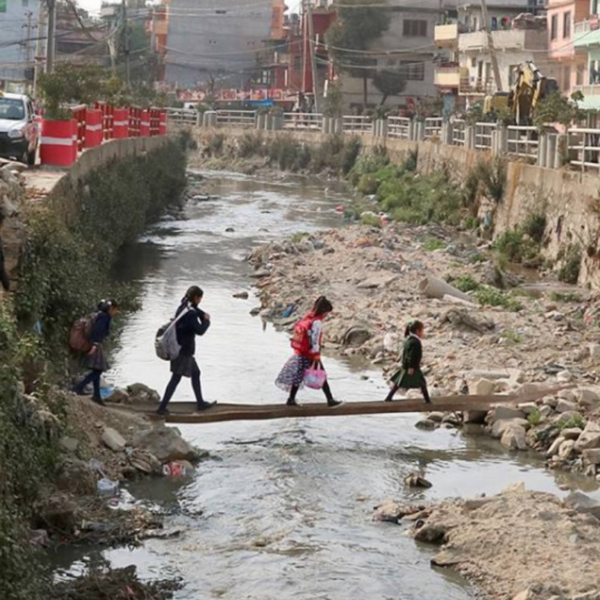
Nepal continues to be among the countries with the lowest human development in South Asia despite rapid progress over the past few decades, according to the latest UNDP report released on November 7, 2023. Photo: Kathmandu Post
South Asia is a region that has seen widening income and wealth disparities, with the richest 10% taking more than half of the region’s total income. More than 185 million people continue to live in extreme poverty – earning less than $2.15 a day – and the number of poor is expected to rise further following the economic shocks of the Covid-19 pandemic.
“The report highlights that to overcome current challenges, we must prioritize investment in human development. But of course, each country will chart its own path to do so,” said Kanni Wignaraja, UN Assistant Secretary-General and UNDP Regional Director for Asia and the Pacific.
“By promoting a people-first policy and smart growth strategies that prioritize natural assets, we can open up a future that is not only safer and more peaceful, but also more sustainable and prosperous for millions more people.”
To bring about this change, the UNDP report recommends three new directions in human development: Putting people at the heart of development; recalibrating growth strategies to create more jobs and respect the environment; and focusing relentlessly on political reform and a scientific approach to turning ideas into reality.
The report also provides a comprehensive look at how countries can reshape development strategies to narrow current inequality gaps and declining human well-being.
As external market conditions become more competitive, a laser focus on enhancing competitiveness and diversification is essential. The report highlights new areas of economic opportunity in the “blue economy” and low-carbon technologies, as well as the region’s rich marine resources that can be optimized and preserved through new technology and investment within the blue economy, which is particularly important for the group of small island developing states (SIDS).
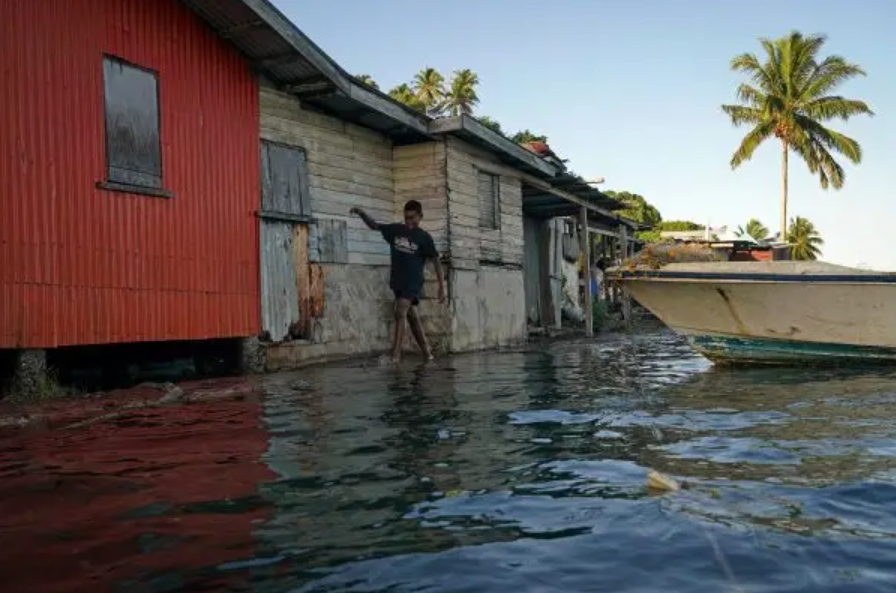
A local boy wades through tidal flooding in Serua village, Fiji, July 2022. Rising sea levels due to climate change could leave smaller island nations in the Pacific and Indian Oceans largely or completely submerged by 2100. Photo: East Asia Forum
“The call for economic growth must be strong, not weak, because growth remains essential for human development,” said Philip Schellekens, UNDP chief economist for Asia and the Pacific and lead author of the report.
“Faced with increasing pressures on growth and job creation, as well as the possibility of disruptions to development, it is time to recalibrate both our export-led growth strategy and our domestic-oriented growth strategy,” the expert added.
The region’s large informal workforce – some 1.3 billion people – is being left behind, with many workers stuck in low-quality jobs because the formal sector fails to provide decent work opportunities. The report also notes that the region has seen a steady decline in the exercise of democratic rights, not seen since the 1970s when the pandemic forced governments to tighten and even restrict civil liberties.
To chart a new course, governments need to prepare for the future to meet the challenges ahead. The report argues that creating meaningful change requires prioritizing stronger leadership and more flexible and effective governance .
Source




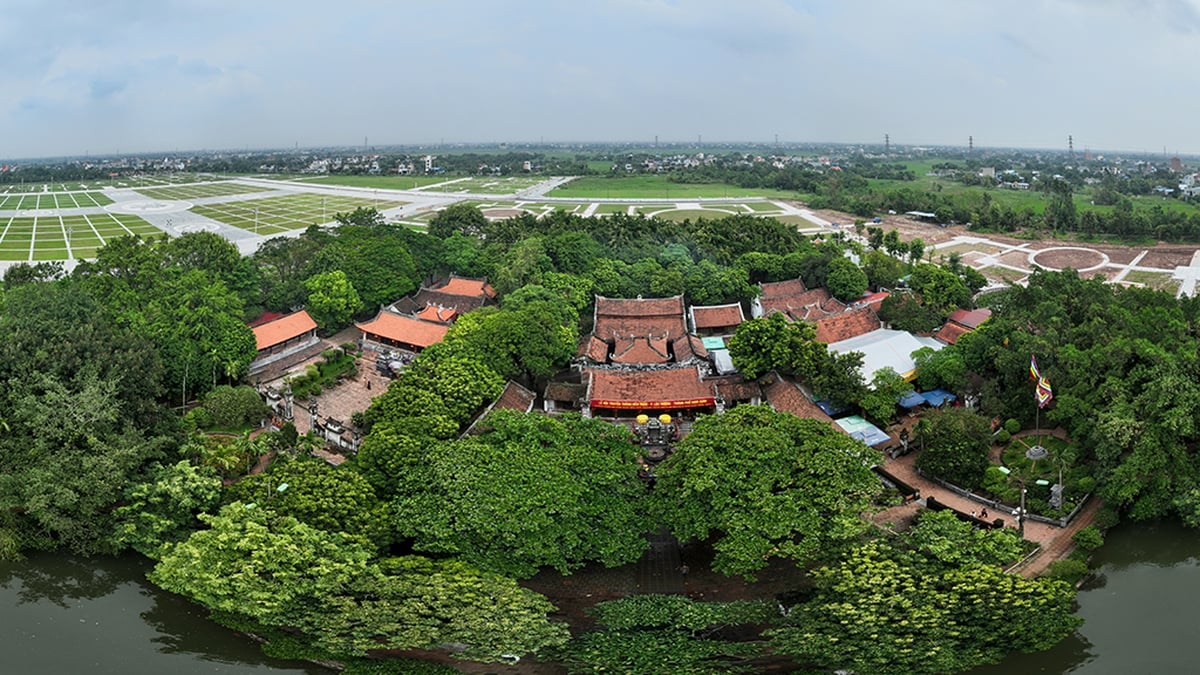
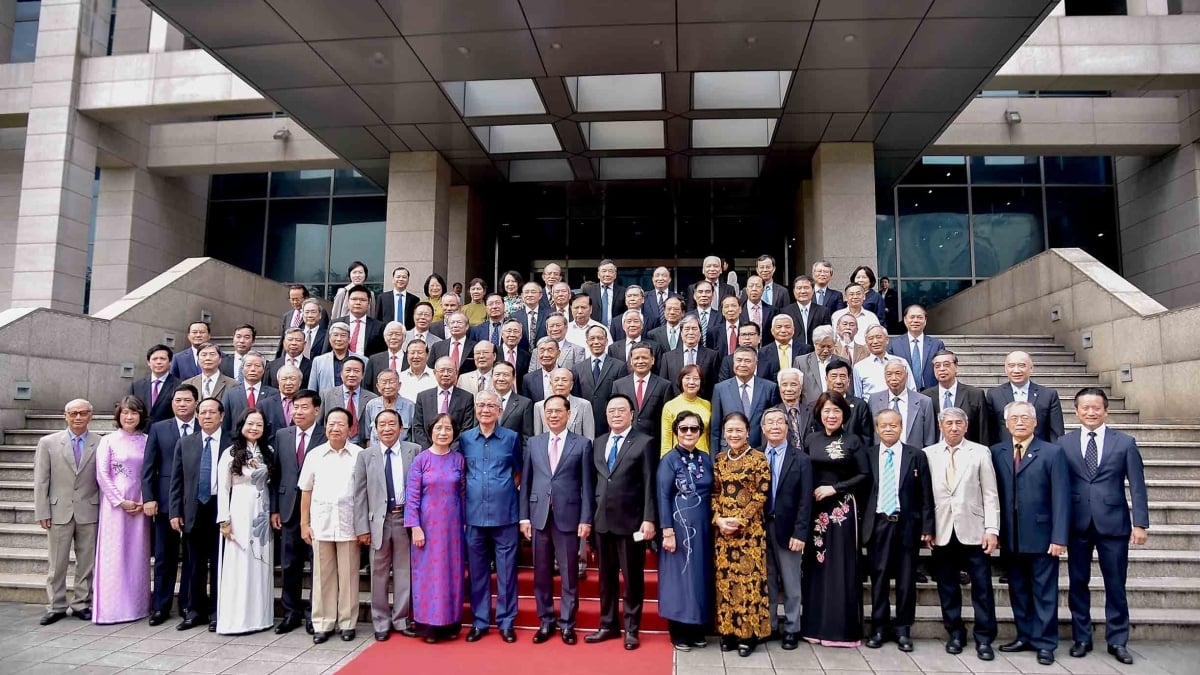

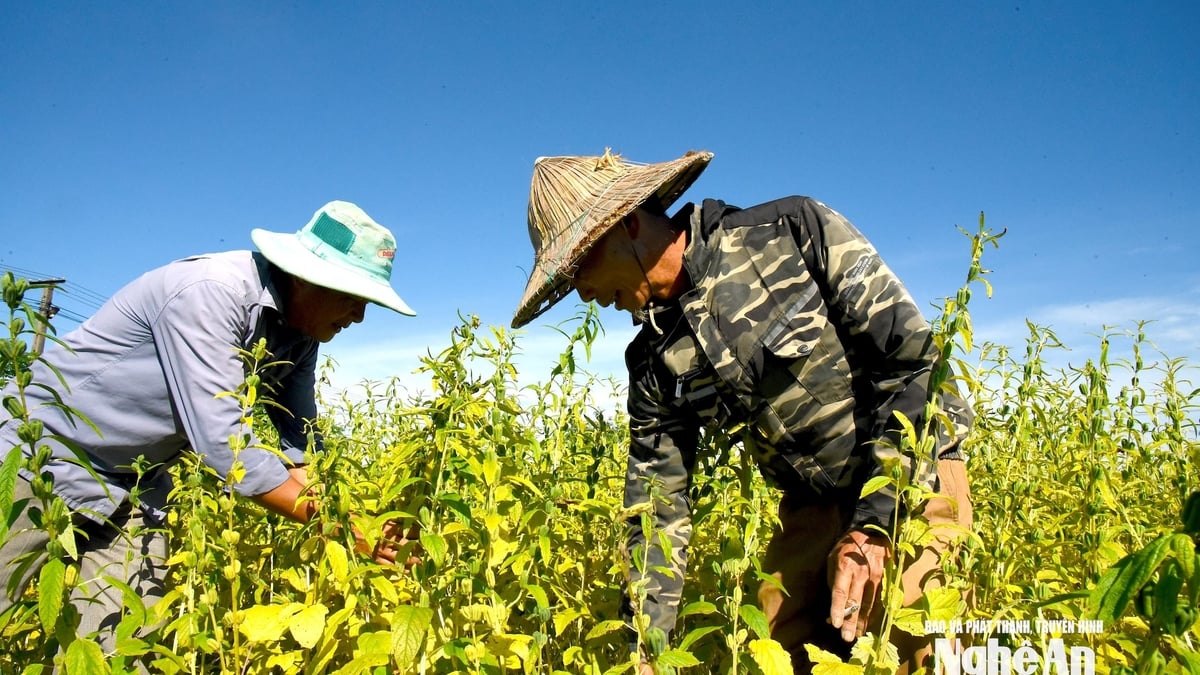
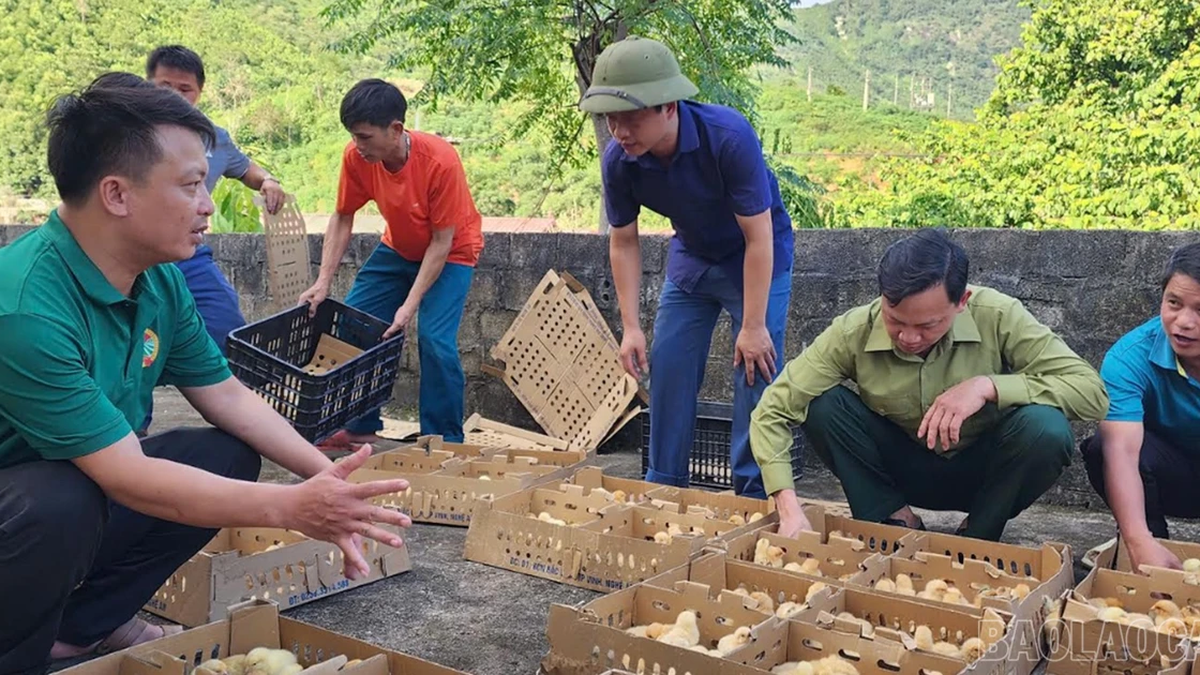

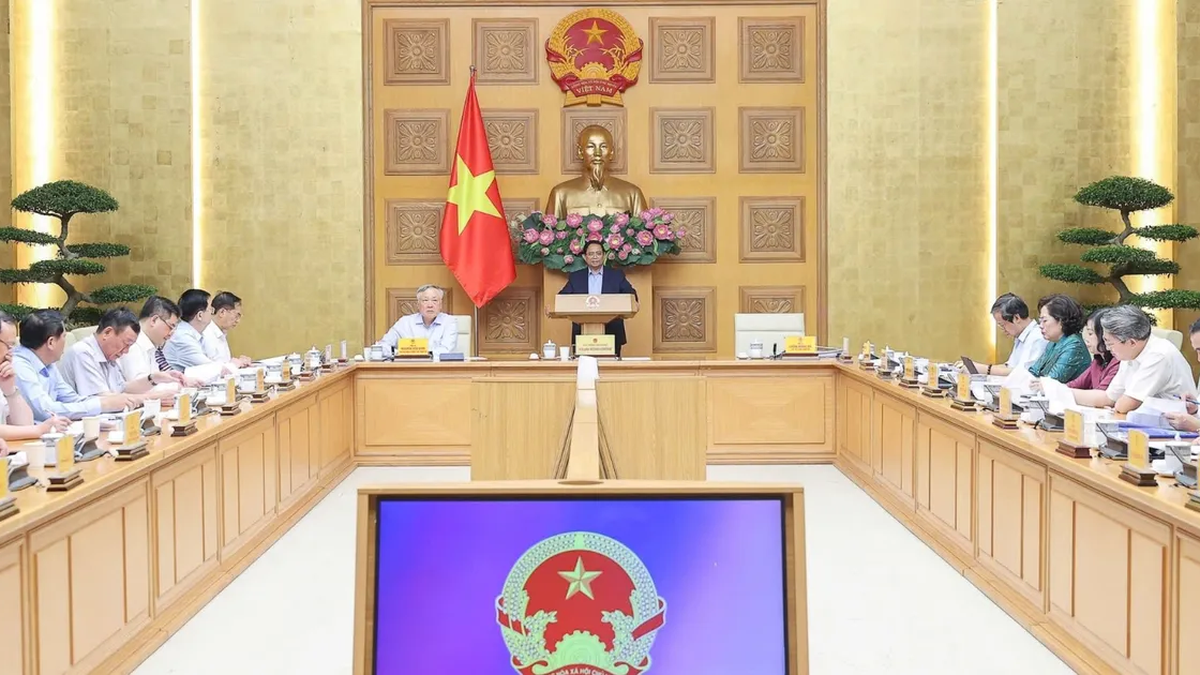
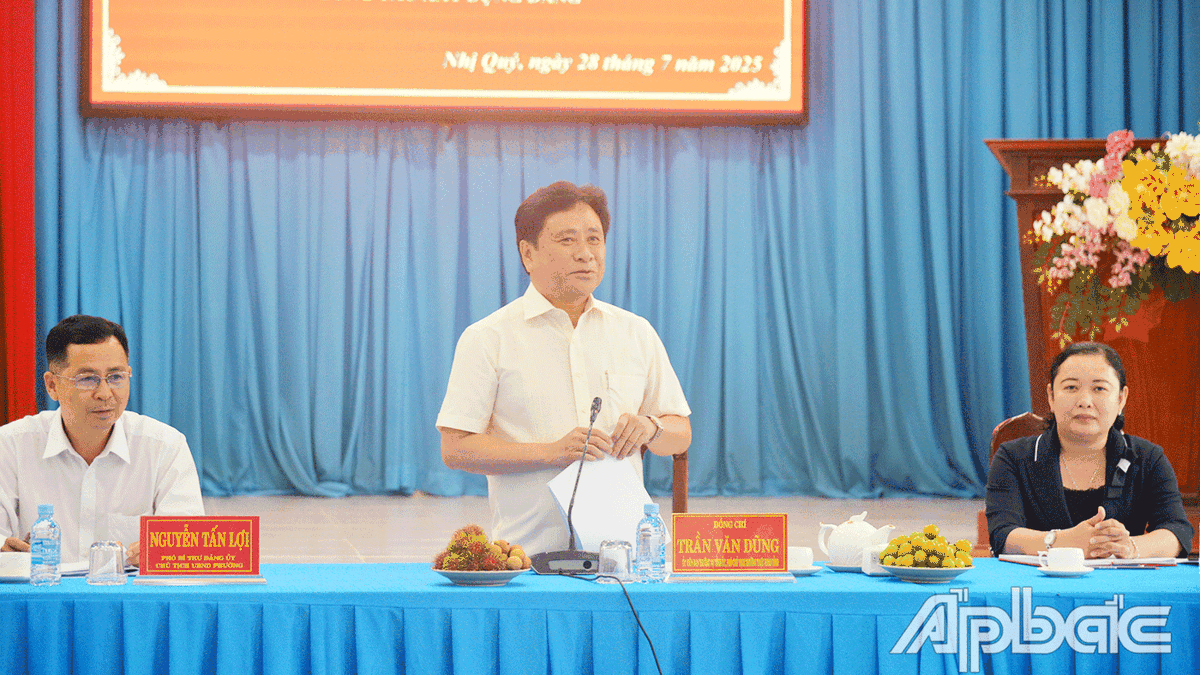
















![[Photo] National Assembly Chairman attends the seminar "Building and operating an international financial center and recommendations for Vietnam"](https://vphoto.vietnam.vn/thumb/1200x675/vietnam/resource/IMAGE/2025/7/28/76393436936e457db31ec84433289f72)








































































Comment (0)